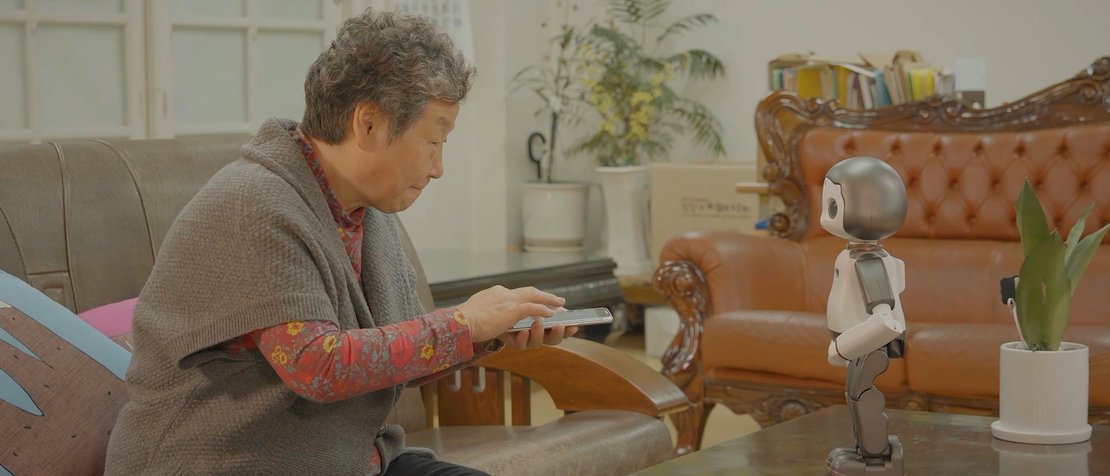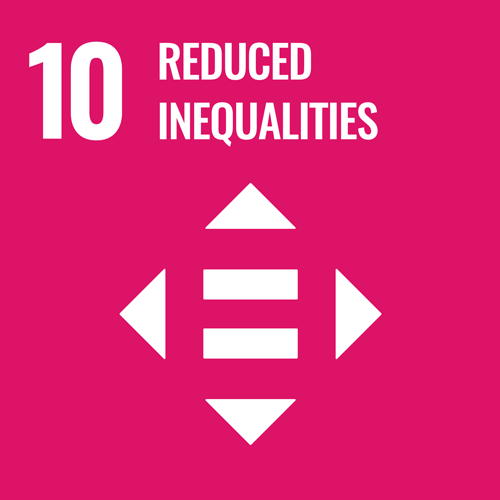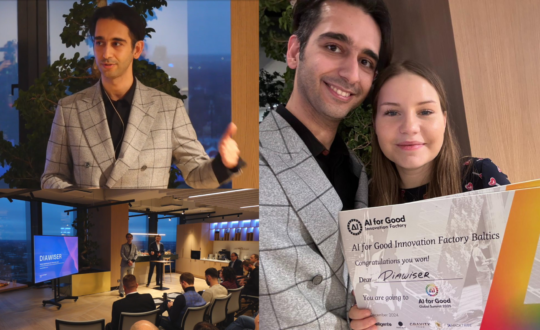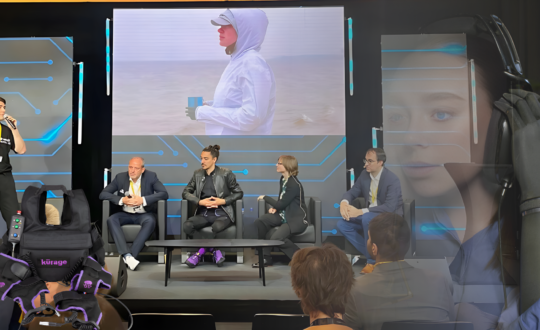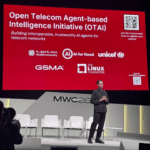*The following Cities Today article has been reposted with the publisher’s kind permission. The original article can be found here.
The City of Seoul is deploying humanoid robots to help senior citizens become comfortable with using smartphones, online messaging and other digital services.
The education programme, which is being run by the Seoul Digital Foundation, will be provided until the end of January 2021 at 17 welfare facilities for the elderly in five of Seoul’s 25 autonomous districts. It aims to reach around 3,000 senior citizens.
The scheme has been launched to get more older people using digital devices and systems and prevent them being left out as COVID-19 has accelerated the use of contactless services. There will be 300 sessions overall, with up to ten people per session allowed within COVID safety rules.
A successful pilot
The Liku robots from Seoul-based company Torooc are about 43cm tall and equipped with voice recognition and response functions to ask and answer questions and provide feedback.

In August, the Seoul Digital Foundation ran a pilot programme of the robot-delivered training with 100 senior citizens. More than 87 per cent of participants said they were “satisfied” with it and 83 per cent said they wanted to participate further, Seoul Metropolitan Government reports.
Lee Won-mok, Acting Chairman of the Seoul Digital Foundation, said:
“Seoul is planning and running various educational programmes to help citizens use digital devices without difficulties. I expect that contactless digital education programmes using humanoid robots that exchange emotions with people will play an important role in transforming this ‘untact (non-face-to-face)’ era into the ‘ontact (on+untact)’ society.”
‘Ontact’ is a marketing term which means to go beyond contactless (untact) and refers to the experience of being face-to-face online.
Rise of the robots
The project is part of the Ministry of Trade, Industry and Energy’s Robot Promotion and Supply Initiative. The solution was selected in a contest to find effective ways for robots to support the socially vulnerable held by the Korea Institute for Robot Industry Advancement, an affiliate of the Ministry of Trade, Industry and Energy.
Around half of the 1 billion South Korean won (KRW, equivalent to 898,00 USD) investment for the scheme has been provided by the government, with 200 million KRW from municipal expenses and the rest from the autonomous districts.
Beyond this deployment, Torooc is developing the Liku robots as ‘companions’ which could live with people, such as those who live alone. They have built-in cameras and microphones and can recognize individuals’ faces, voices and emotions and learn more the longer they spend with someone, Torooc’s website says. They can also express five different ‘feelings’ via their eyes, and can avoid obstacles in their path when moving around.
Image credit: Cities Today


 Register here
Register here